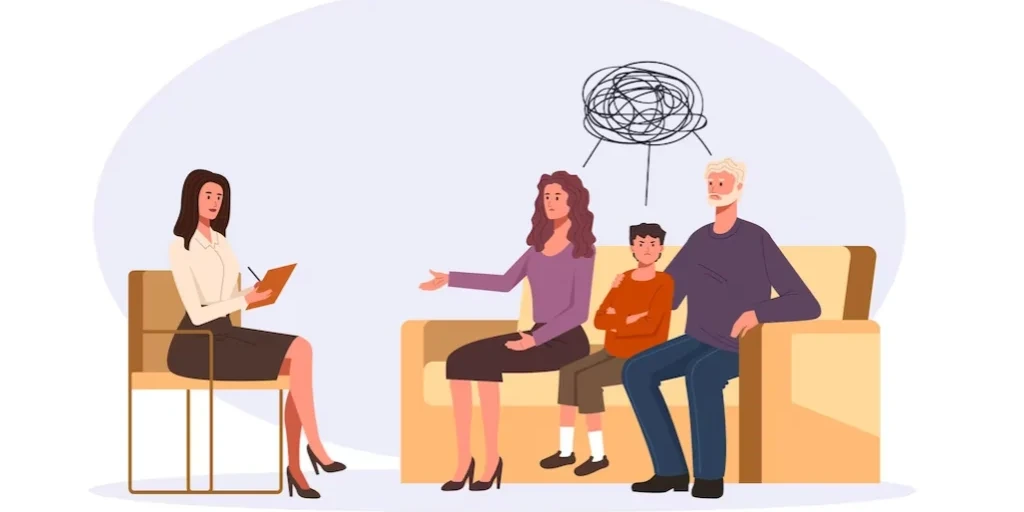24/7 Helpline:
(866) 899-221924/7 Helpline:
(866) 899-2219
Learn more about Depression Treatment centers in Scottsville

Other Insurance Options

Health Net

Coventry Health Care
Beacon

Amerigroup

Meritain

CareFirst

BlueShield

Evernorth

Group Health Incorporated

Highmark

Holman Group

AllWell

Anthem

WellCare Health Plans

EmblemHealth

Choice Care Network

Magellan

Oxford

Aetna

UMR


























































































































Region Ten Community Services Board – Crozet
Region Ten Community Services Board is a non-profit rehab located in Crozet, VA. Region Ten Communit...







































































